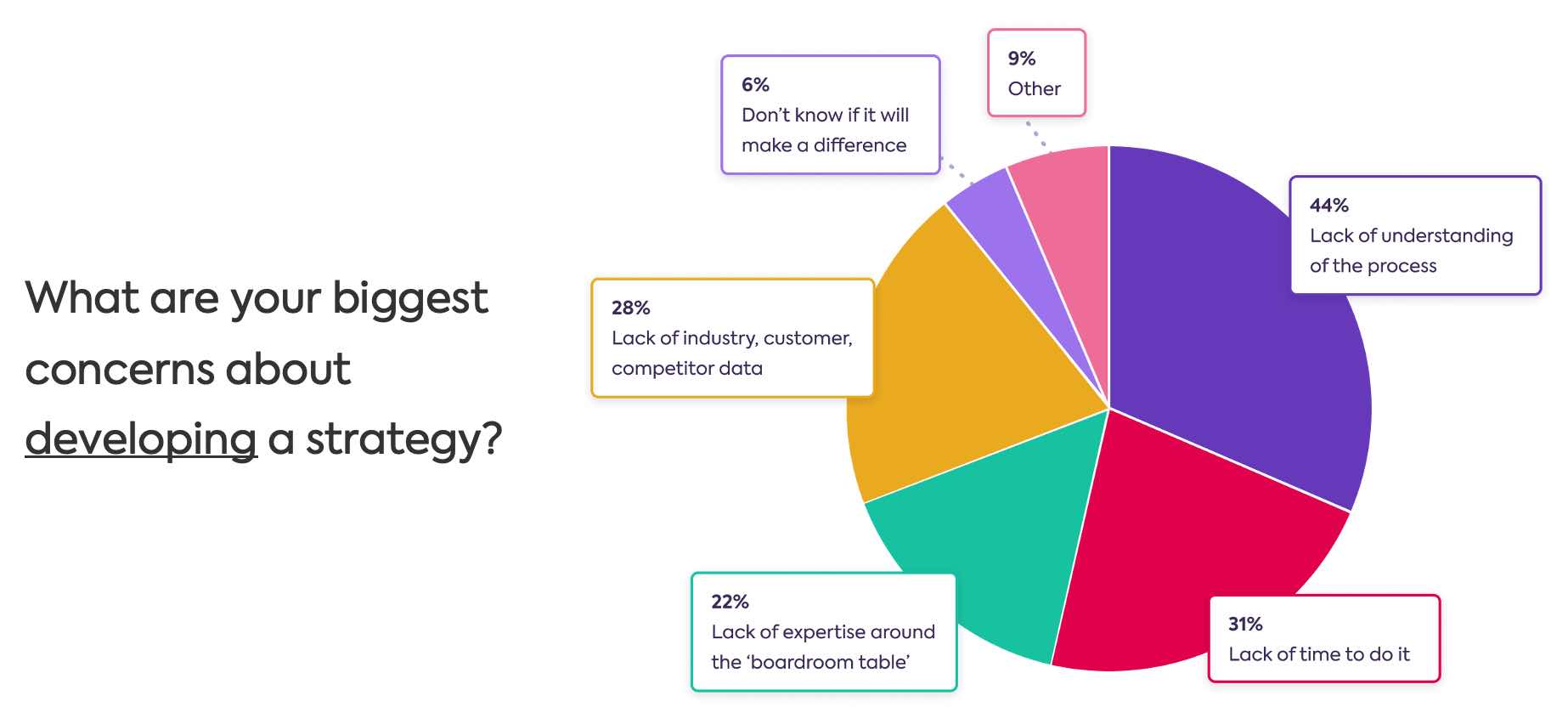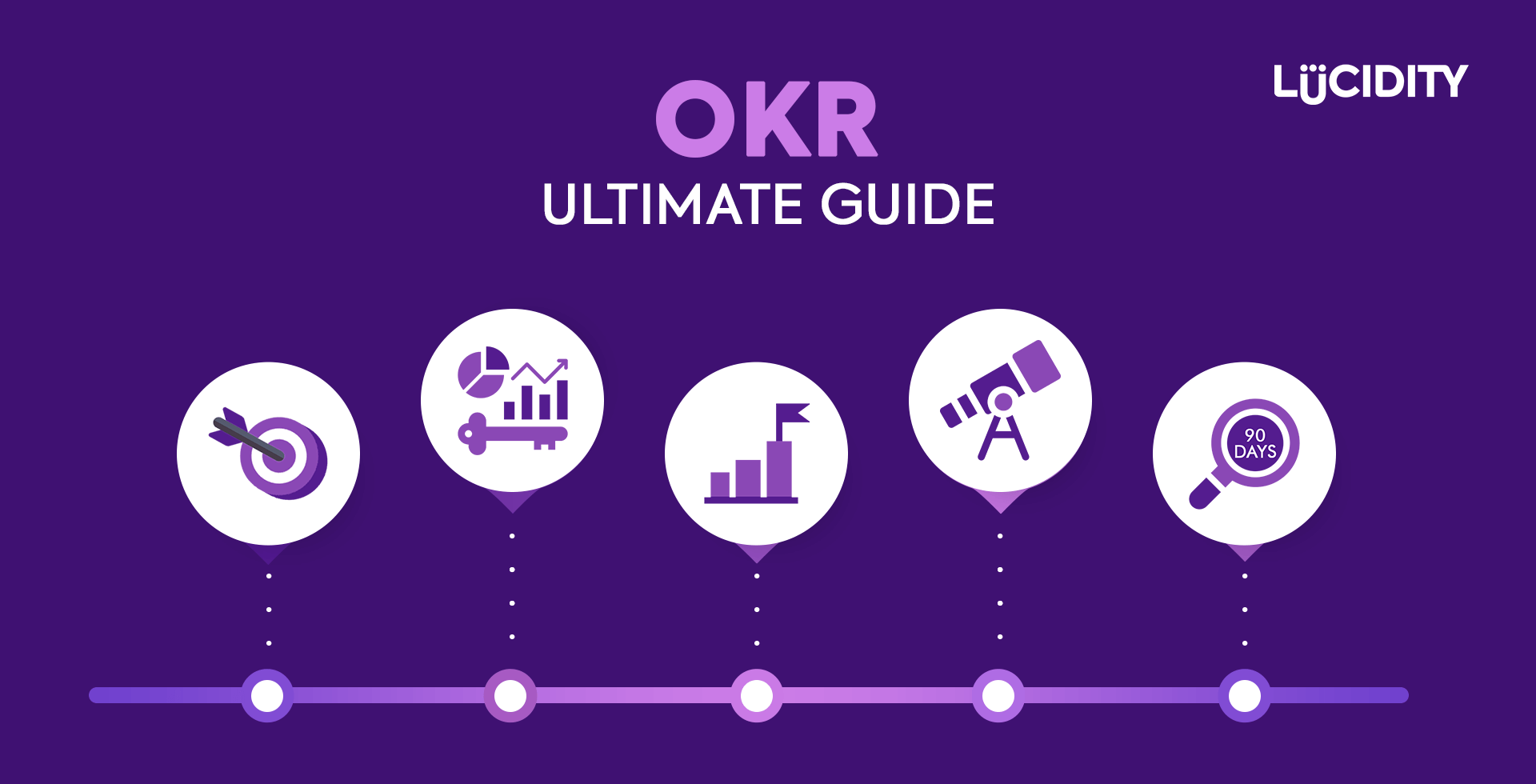Our Strategic Mistakes series often looks at case studies around specific companies, but today we’re going to take a look at some of the early strategy lessons learnt by subsequently successful companies. We’ve spoken to a number of different businesses to get their take on the different strategic mistakes they’ve made and the lessons they’ve learnt.
Stay Focused
Focus is crucially important when you develop your strategy and grow your business. Once you’ve set your objectives you need to align the whole team behind them, otherwise work is done that doesn’t move you strategically forward. Doug Monro of job board Adzuna, spoke about the importance of focus and specialism for his successful business:
“I think we were too broad in the early days. We started as a classified search engine for properties, cars and jobs and tried to do too much too soon. It would have been better to focus on one niche and develop from there.”
Jonathan Potts – CEO of Bookwhen had a different experience when he set out to build Bookwhen, a product that focused on all sectors:
“We never focused product development on any particular vertical market, favouring more generic solutions to problems. On the product side this has made things a bit trickier, and from a marketing perspective it makes it difficult to appeal to all the different sectors. I’d not say it was a mistake as things are going well, but perhaps selecting a particular vertical at the start would have been easier.”
There’s a framework called Value Disciplines that talks about how companies succeed, suggesting you can focus on Customer Intimacy, Product Leadership or Operational Excellence, but not all three. Perhaps in the above two cases Doug and Jo have gone for a different approach to market ownership.
It’s not just for profit companies impacted by the lack of focus, even charities must ensure they don’t take on too much at once. Susie Willis, CEO of Care Network, commented:
“At times we have set too many strategic priorities for one year in order to achieve the overall 3 year strategic plan, it felt extremely pressurised, especially with the additional time to update all the various documents.”
Whichever approach you take, picking the right niche or product audience is key. Remember though, focus doesn’t mean you don’t have the ability to pivot or diversify, as many companies successfully do this to survive and thrive. It just means you stick to your strategic plan and your selected audience.
Plan Forward
Strategic planning often talks in months and years, not days and weeks. It’s this time definition that gives you the ability to forward plan and space to consider the direction you want to take. This is the case for small companies and large ones, as Melissa Pryszlak of Metro Inc described when we spoke to her about Metro Inc:
“The last major project that we built was planned for the next 5 years, and we grow faster than expected and so we are forced to make less optimal decisions today, this learning has taught us to think further in advance.”
Planning is often seen to be around projects or strategic targets, but it’s important to also plan for the growth you’ll see. How scalable is your current model, do you need to hire, or change processes to cope? Oli Pepper from Morvélo experienced rapid growth and was not prepared, which ultimately embedded a decision to stay small and independent:
“When we took a decision to employ an external marketing agency. The growth was fast, expensive and unsustainable and exposed many weaknesses in the business. It was the learning from this mistake that made us decide to stay small and independent.”
It’s not a decision that many companies would take and perhaps if their experience was different initially, Morvélo would not have decided to focus on staying small? Growth planning hits all areas of an organisation, including leadership. Iggi of Workhouse England. touched on this:
“A mistake I did make was that I was designing AND managing things. I am not good at running a business – I am good at designing and seeking out clients, understanding their needs and translating those into new products. I think the learning point is to recognise your strengths and build or work in a team where everyone plays to their strengths.”
Clearly, pulling together the right team at the top to help you lead your business is key. Not only will this help with planning but also with ensuring the business is ready for the growth you’ll achieve.
Have A Strategy
It remains the case that the vast majority of SMEs do not have a strategy, for a wide variety of reasons. Expertise or lack of knowledge of the process is one such point that René Moolenaar, Senior Lecturer at Sussex University, picks up on:
“For the smaller organisations it is often a lack of expertise around boardroom table and for medium sized organisations it is often because business is kind of doing ok, but when there are changes taking place in, for example, customer behaviour or competitive behaviour they are unexpected and then there is no plan to deal with such changes.”
Dave Berkus, a successful investor, agrees that often smaller companies don’t have strategic planning capability or, at times, will to do so. He comments on the importance of a board and pressure:
“It is always an uphill push by investors and boards to make small business CEO’s to plan strategically. My approach is to hold a board and senior management planning session at least every 24 months. If there is no board to push the founder-CEO, there will rarely be an effort by the founder-CEO to create a strategic plan. And without a board, the plan usually created without much input from others, a dangerous and sometimes ineffectual exercise.”
We surveyed a number of SMEs on this subject and the clear reasons came down to knowledge of perceived lack of time.
There are many ways to resolve these concerns. You could work with strategy consultants, speak to your accountant, or work with great strategy software. Or perhaps a mix of those. Ultimately if you have a strategy you’re less likely to make mistakes…
Summary
We’ll end this article with a quote from Gavin Downes of Neon Agency, who nicely sums up the different lessons he has learnt from his early strategic mistakes…
“For me personally, I’ve made plenty. But it’s all those mistakes that have taught me great lessons too. Who to trust, when to go with your gut, how to get things done, the advantages of networking & always connect with people, the importance of using experts, when to say no and the reality that at the end of the day, family, health and happiness are what matter most.”
Well said, Gavin! 👍
Need help getting your strategy right?
Our strategy software has all the tools and guidance you need to make sure you don't make mistakes like these. Book a demo and we'll show you how.












